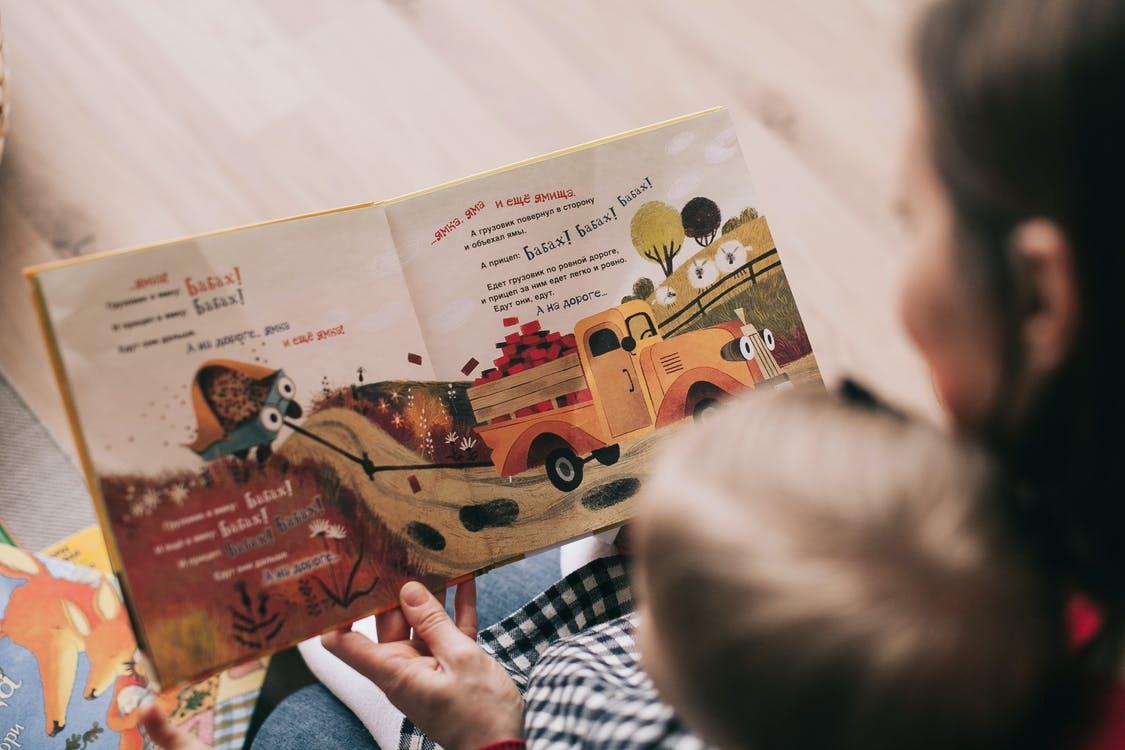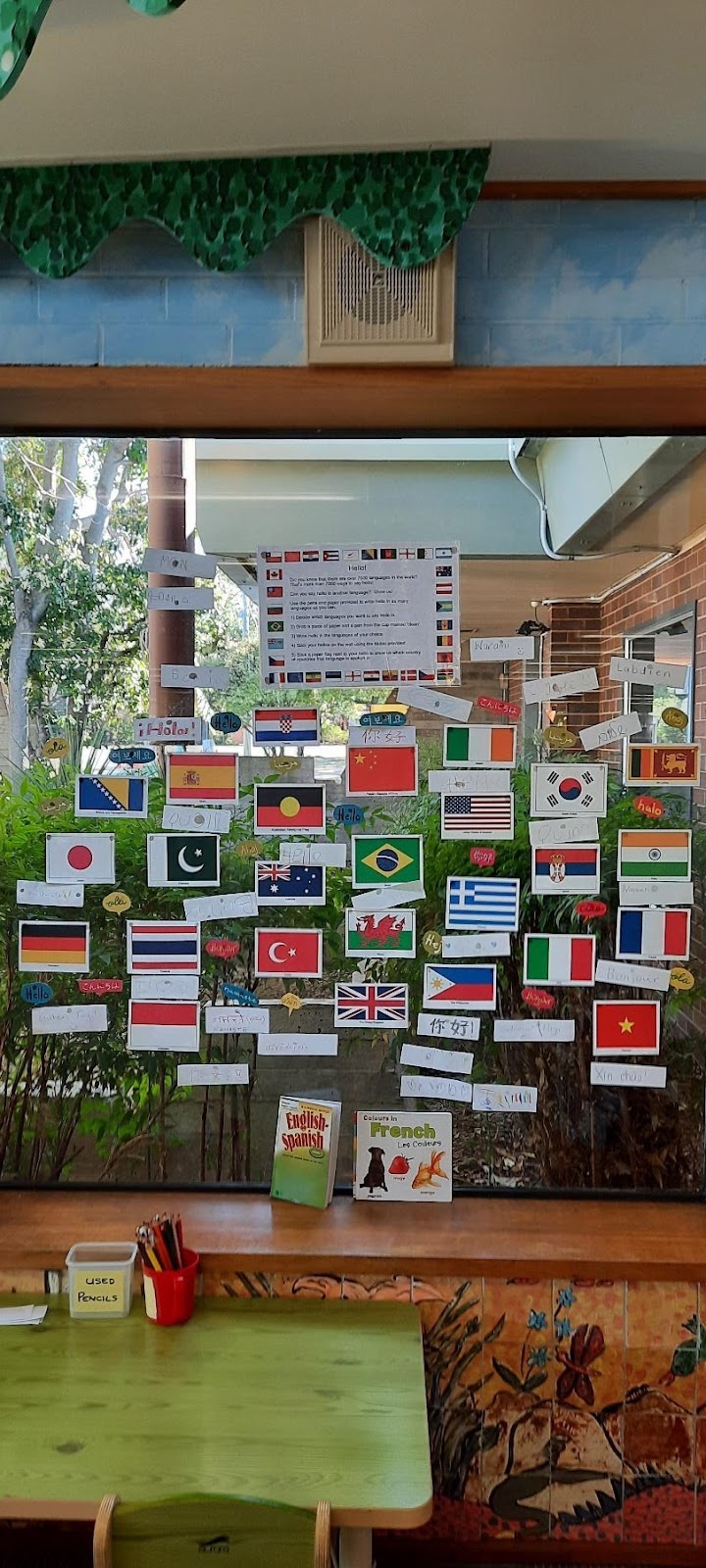
Bilingual Story Time with Libraries ACT
Simone Amelia Jordan
“Our Bilingual Story Times are easily accessible, free of charge, and our library branches are in each major area in Canberra, making it easier to travel around.”
“What better way to bring families together than with story time?” enthuses Asefeh Charandabi, Multicultural Services Coordinator for Libraries ACT.
Every weekend, the organisation runs Bilingual Story Time, a program across three branches with songs, stories and language resources. It provides an entertaining method for children raised in multilingual families to hear their languages spoken outside the home while offering families who speak only English an opportunity to learn about other languages.
Key takeaways:
- Get it online!
When the pandemic hit, Libraries ACT shifted into gear by filming their Bilingual Story Time presenters and uploading the videos for free to their website. The videos are still unrestricted for people unable to make sessions. - Collaborate with the community
Talk to culturally diverse communities to ascertain their interest and understand how best to work with them. For example, Charandabi suggests, “Start running Bilingual Story Time in a commonly spoken language, such as Mandarin and Hindi, to gauge interest. Next, look into bilingual organisations (e.g. ACT Bilingual Education Alias, ACT Community Language Schools) for help. Start sourcing books early, also.” - Authenticity is key
A genuine relationship with your community allows an individual or organisation to find out, from their perspective, how they can benefit better from a culturally and linguistically diverse program. “It is essential to have their ideas on board to be inclusive and more beneficial in providing the means for the program,” says Charandabi. “For example, having Australian stories translated into other languages is not the sole purpose of this program; however, the other way around will help connect with the community and culture as a whole.”
Bilingual Story Time, Bilingual Giggle & Wiggle
During Bilingual Story Time (and Bilingual Giggle & Wiggle, a musical offshoot), community and staff members read stories in their language, teach the audience songs and dances, and allow them to experience different aspects of their culture in a fun and engaging way. A craft activity is also available for children to do at the end.
For Story Time, Charandabi works with the library’s collections team, branch staff and presenters to choose appropriate books. They aim to find well-illustrated books with simple storylines and uncomplicated language. The group includes books written by authors from that language or culture where possible; this is often difficult.
“The books are bilingual children’s storybooks, and it depends on what we have available in each language, which can be difficult,” says Karen York, Director Of Engagement for Libraries ACT. “For some languages, such as Mandarin and Vietnamese, we’ve been able to source lots of books. For other languages, such as Dari, Farsi and Dinka, it’s been more challenging.”

Before COVID-19 struck, Libraries ACT offered Story Time in an impressive 15 languages, including Canberra’s traditional owners, the Ngunnawal people, and those of newly arrived refugee communities, like Tamil, for example. The organisation downsized the program in the wake of the pandemic, with six languages currently available. However, Charandabi says they “plan to start recruitment for presenters again soon”, which they commonly find through local schools and communities. Libraries ACT also aims to run story-writing and book-making workshops for culturally diverse communities, where they can support neighbourhood members to write their own stories.
In 2020, Libraries ACT was named the winner of the ACT Multicultural Award in the Outstanding Excellence Award for Diversity and Inclusion for Bilingual Story Time. The program addresses critical state government factors, including accessibility and availability, supply and retention of teachers, plus an improved understanding of language education in the broader community. “Our Bilingual Story Times are easily accessible, free of charge, and our library branches are in each major area in Canberra, making it easier to travel around,” says York. “Also, our presenters are from that part of the community and better understand the needs of families from non-Australian backgrounds, linguistically and culturally.”
Simone Amelia Jordan Program Manager
Simone Amelia Jordan is an author, essayist, and journalist renowned for her innovative work in hip-hop media. As the founder of The Dream Collective, she champions diversity and mentorship, fostering growth for multicultural women in the arts and entertainment. Her debut memoir, Tell Her She’s Dreamin’, won the 2021 Richell Prize.
Recognised as Australia’s most successful hip-hop journalist, Simone Amelia Jordan’s career spans print, radio, TV, and digital media. Her debut book, Tell Her She’s Dreamin’, won the 2021 Richell Prize and is out now through Hachette Australia.
At 23, Simone founded Urban Hitz Magazine, the country’s highest-selling rap and R&B publication. Roughly a decade later, in a full-circle moment, she served as the content director of The Source, the New York City-based “Hip-Hop Bible” that inspired her reporting and social consciousness.
Alongside her media achievements, Simone has extensive experience in lifestyle marketing, event management, programming and content strategy, which she has leveraged in senior roles at Media Diversity Australia and Diversity Arts Australia. Simone also mentors racially diverse women in media, the arts and entertainment through her passion project, The Dream Collective.
What is the Imagine Project?
We’re publishing case studies and documenting Australia’s best work in advancing cultural diversity and racial equity and inclusion in the arts through the Imagine Australia Project, managed by Diversity Arts Australia (DARTS) and funded via the Australia Council’s Re-Imagine project and supported by Creative Equity Toolkit partner, British Council Australia. To find out more click below – or read the other case studies as they go live here.

